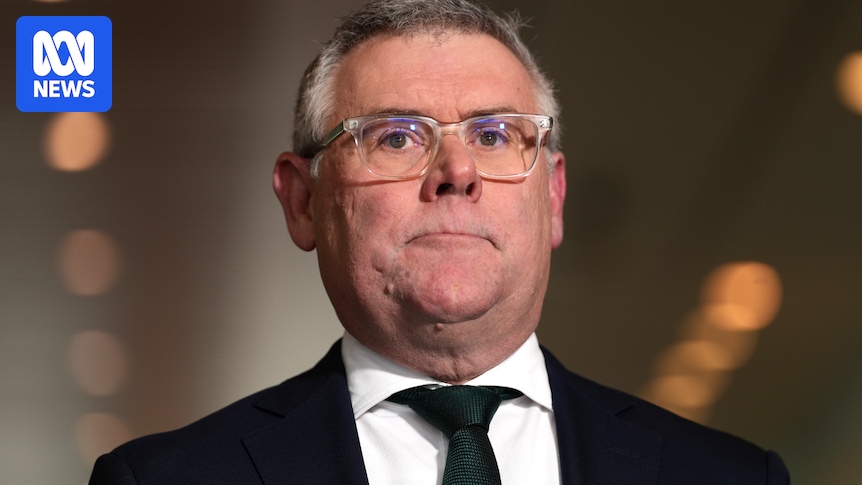
Environment Minister Murray Watt is meeting with his Liberal counterpart Angie Bell today, amid rising optimism that a deal could soon be reached to overhaul Australia’s outdated environmental legislation. Both parties hope to finalize the agreement before the legislation is introduced in the final parliamentary sessions of the year.
The negotiations with the Coalition, seen as the preferred partner to pass these critical reforms, are expected to continue until the eleventh hour. Senator Watt aims to secure broad support for the proposed laws, which would expedite housing and energy projects, designate “go” and “no go” zones for construction, and establish a federal environment watchdog. Despite these ambitions, the government is unlikely to align with the Greens to ensure the passage of the laws.
Key Issues in Negotiations
Among the unresolved issues is the role of the Environment Protection Agency (EPA). The Coalition insists that ultimate project approval should remain with the minister, while the EPA would focus on compliance. They also seek to minimize overlap with state regulations.
In a statement, Angie Bell criticized the years of “inaction” on environmental reform, emphasizing the urgency of updating the “broken” laws. “The Coalition welcomes the opportunity to work with the government in a bipartisan way on this legislation,” she stated.
“We will engage in robust discussion because we understand the importance of getting the balance right … it is simply too important to get wrong.”
Historical Context and Previous Attempts
Efforts to reform Australia’s environmental laws have stalled for over five years. A landmark review by Graeme Samuel in 2020 highlighted their inadequacies in protecting the environment and serving business interests. The previous Coalition government failed to pass reforms, and the Albanese government’s attempt last term was also unsuccessful.
Since taking office, Senator Watt has reset the debate, conducting over 70 stakeholder meetings since May. He has secured conditional support from big business for the creation of an Environment Protection Agency, a key obstacle in past negotiations. The minister has pledged to introduce the overdue reforms in November.
Climate Trigger Debate
Senator Watt has indicated that the government is unlikely to include a “climate trigger” in the new laws, a point of contention with the Greens. During Senate estimates, he stated, “I would say it is unlikely. Again, we haven’t reached a final position on that.” He added that the government is inclined to follow Graeme Samuel’s recommendation for project proponents to disclose emissions and present abatement plans.
Greens leader Larissa Waters expressed skepticism about the minister’s comments, suggesting they were “just positioning.” She urged the government to negotiate with the Greens, warning against potential deals with the Liberals that might weaken environmental protections.
Looking Ahead
The government maintains that similar provisions already exist in other legislation and plans to require projects to report direct emissions and detail reduction plans. However, stakeholders are seeking clarity on reporting methods and the process for creating “go” and “no go” zones, which could either permit construction without assessment or ban development in certain areas.
As the deadline for introducing the legislation approaches, all eyes are on the negotiations between the government and the Coalition. The outcome will determine the future of Australia’s environmental laws and their capacity to address contemporary challenges.







